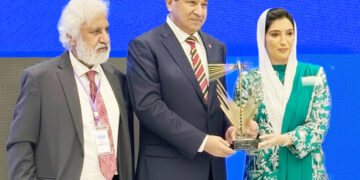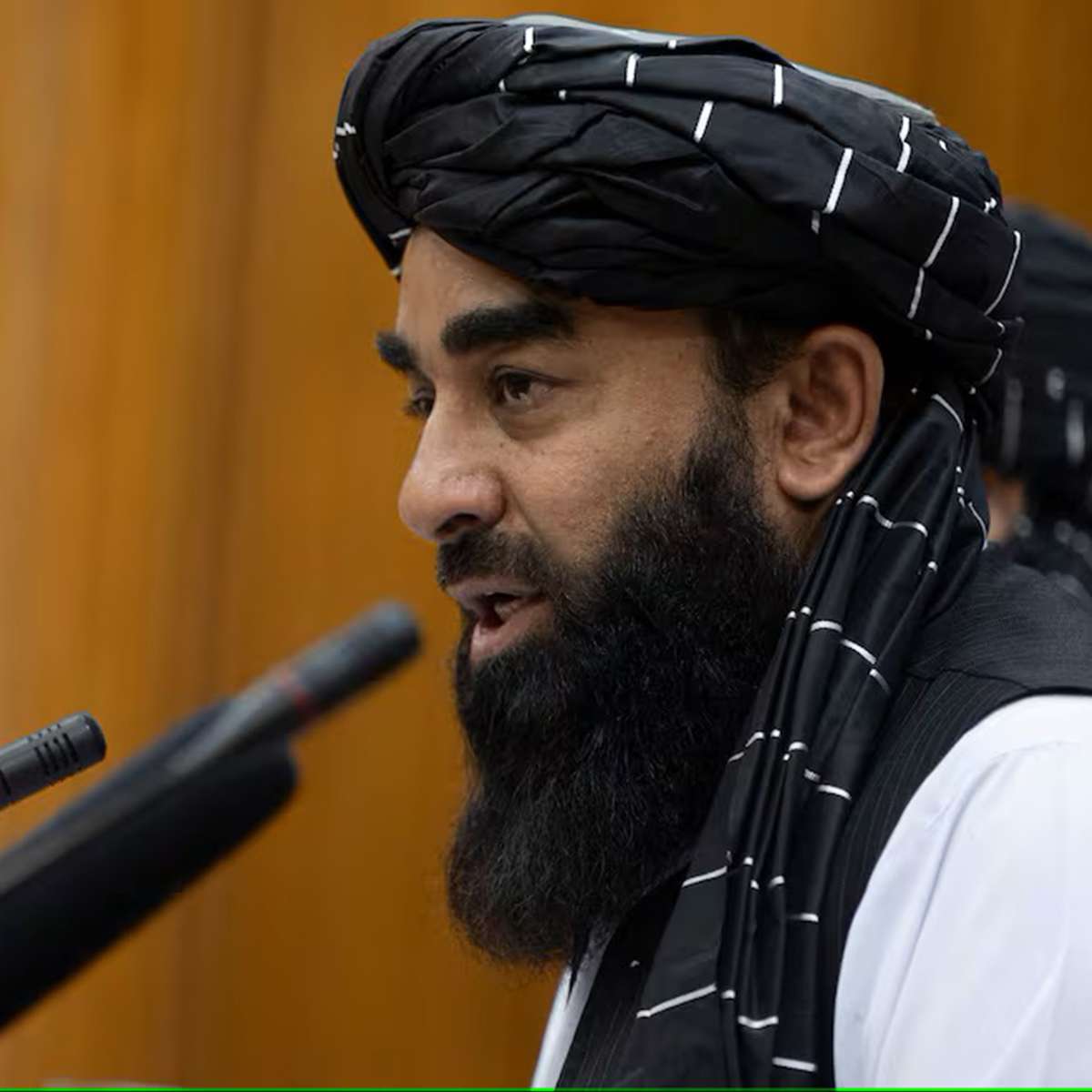Over the past three decades, Pakistan has grappled with persistent twin deficits — current account and fiscal — in its dealings with the International Monetary Fund (IMF). Despite efforts to address these issues, there is a growing recognition of the need for a fundamental shift in approach to achieve sustainable economic growth.
A writer emphasizes the importance of sustainable economic growth driven by increased foreign direct investment (FDI) as the linchpin of Pakistan’s policy agenda. While managing deficits remains crucial, a comprehensive realignment of policies towards this goal is essential to break the cycle of debt, low growth, inflation, and poverty.
The root causes of Pakistan’s low investment and savings rates are attributed to structural issues, necessitating significant political, economic, and social reforms. The recent arrival of an IMF mission for a review underscores the urgency of addressing these challenges.
While the government’s focus on seeking an Extended Fund Facility after the current standby arrangement expires is acknowledged, it is emphasized that IMF conditions alone are insufficient for achieving sustained growth and transformation.
Historically, Pakistan has struggled to meet IMF conditions, including raising taxes, abolishing subsidies, maintaining market-determined exchange rates, and privatization. However, these conditions are seen as unlikely to change significantly.
To address these challenges, Pakistan is urged to develop a well-prepared plan that extends beyond meeting IMF conditions. This plan should include radical liberalization and deregulation measures, drawing lessons from successful economies like India and South Korea.
The cautionary tale of Ethiopia’s state-led growth model, which led to unsustainable borrowing and economic vulnerabilities, serves as a reminder of the pitfalls of certain economic approaches.
Pakistan is encouraged to focus on fostering investments and technology transfer to drive sustainable growth. While collaboration with the IMF may be necessary, it should not be viewed as the ultimate objective. Instead, Pakistan should chart a course tailored to its unique circumstances, leveraging international support, particularly from foreign private investors, to realize its economic potential.




















